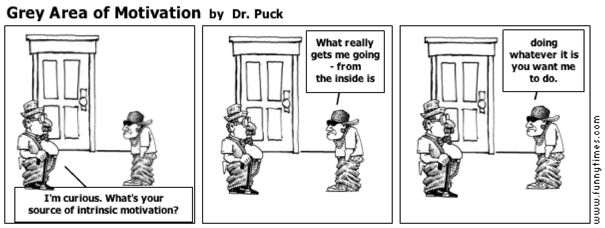Instinct Theory: We are motivated by our inborn automated behaviors. Instincts only explain why we do a small fraction of our behaviors.

Drive Reduction Theory: The idea that physiological need creates an aroused tension state (a drive) that motivates an organism to satisfy the need.
Incentive: A positive or negative environmental stimulus that motivates behavior.
Maslow's Hierarchy of Needs: Abraham Maslow said we are motivated by needs, and all needs are not created equal. We are driven to satisfy lower needs first.

Hunger: Hunger is both physical and psychological. Hunger doesn't come from out stomach, but from our brain.
Lateral Hypothalamus: When stimulated makes you hungry.
Ventromedial Hypothalamus: When stimulated makes you feel full.
Leptin: a protein produced by bloated blood cells. Hypothalamus senses rises in leptin and curb eating and increase activity.
Set Point: Hypothalamus acts like a thermostat, we are meant to be in a certain weight range.
Body Chemistry: Glucose hormone, insulin, converts glucose to fat, when glucose levels drop, hunger increases.
Hypothalamus and Hormones: Hypothalamus monitors a number of hormones that are related to hunger.
Psychology of Hunger
Externals: People who's eating is triggered more by the presence of food than internal factors.
Bulimia Nervosa: Characterized by purging and binging.
Anorexia Nervosa: Starve themselves below 85% normal body weight.

Intrinsic motivators: Rewards we get internally such as enjoyment or satisfaction.

Extrinsic motivators: Rewards we get for accomplishments from outside ourselves.

Theory X: Managers believe that employees will work only if rewarded with benefits or threatened with punishments. (Interested in Maslows Lower Needs)
Theory Y: Managers believe that employees are internally motivated to do good work. (Interested in Maslows Higher Needs)
This comment has been removed by the author.
ReplyDelete